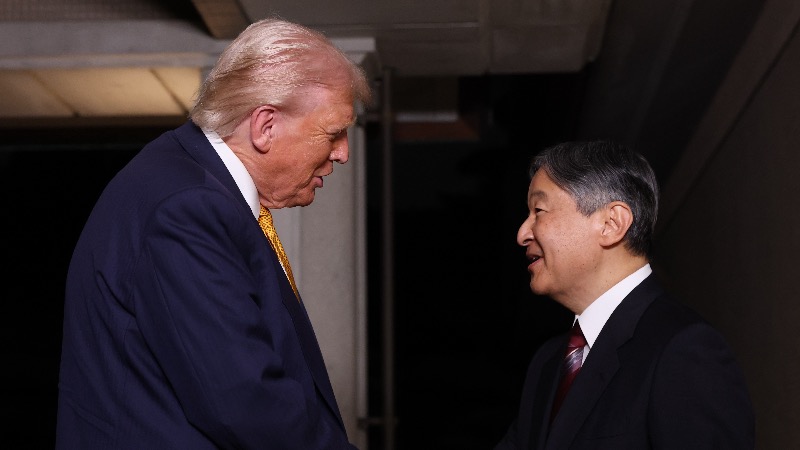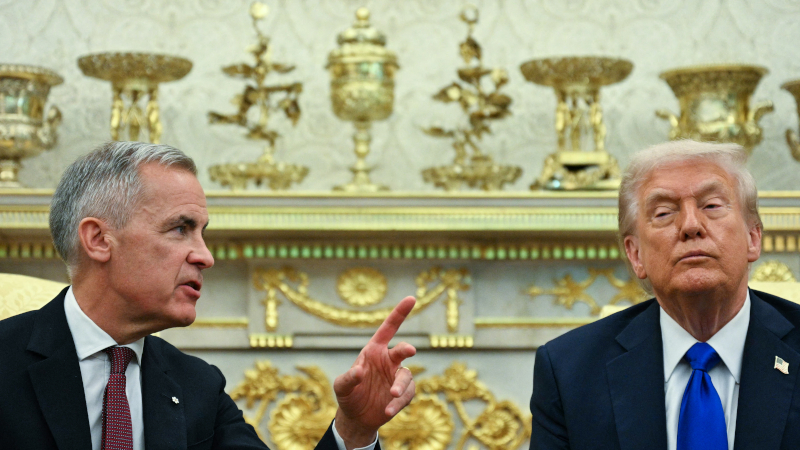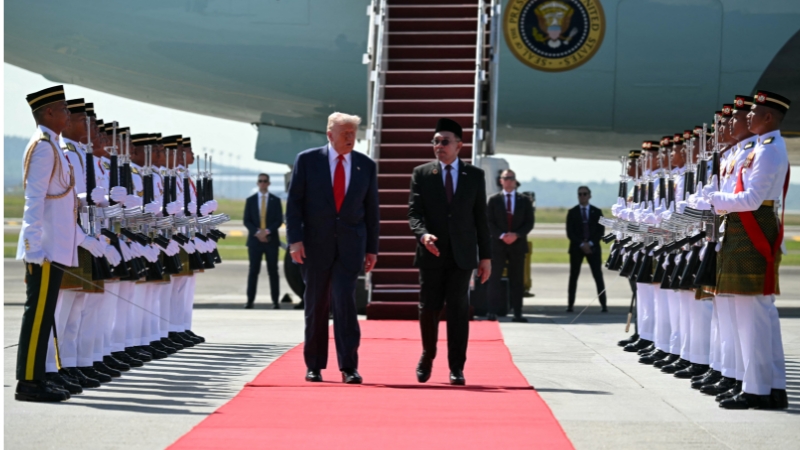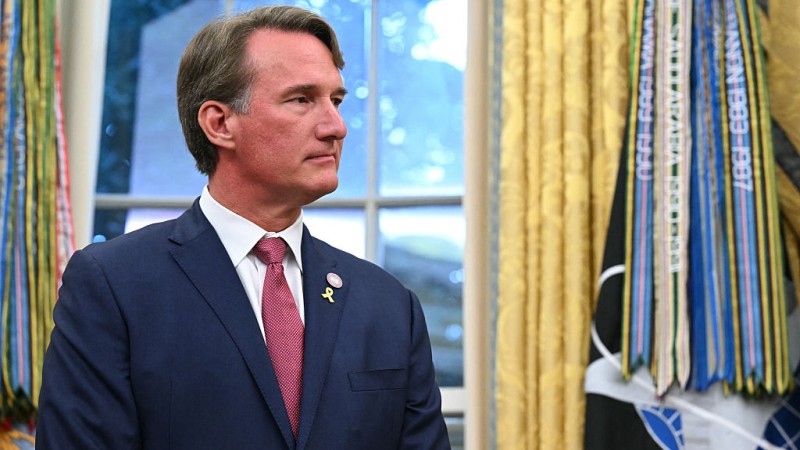 Image Credit: Pool / Pool / Getty
Image Credit: Pool / Pool / Getty Before the upcoming meeting with Chinese Leader Xi Jinping on Thursday, President Donald Trump has been meeting with Asian leaders to acquire economic, trade and geopolitical agreements that put America’s industrial and financial interests first while forming strong international relationships with Beijing’s neighbors.
Trump began his Asia-deals tour on Sunday, signing agreements on reciprocal trade with Malaysia and Cambodia and announced frameworks for trade negotiations with Thailand and Vietnam. On Tuesday Trump signed a landmark critical minerals agreement with Japan and announced major projects with Japan’s previous $550 billion investment commitment that aims to help revitalize the American industrial base. Trump continues his negotiations with South Korea on trade and security issues and the two nations are expected to finalize a deal on artificial intelligence, quantum computing and 6G wireless technology.
The President’s strategy helps Washington gain Asian friendships prior to a climax of the U.S. / China trade war which has been raging for months via tariff increases and export restrictions.
Washington’s new favorable relationships with Beijing’s neighbors increases pressure on Xi to agree to a deal that benefits U.S. interests, or lose out on the future economic activity that the other Asian nations now get to indulge in.
“I have a lot of respect for President Xi, and we are going to come away with the deal,” Trump told reporters on Air Force One on Monday.
While Trump maneuvers the U.S. into a strong negotiating position, Xi faces economic woes at home, likely making him increasingly desperate to walk away with a Trump-signed trade deal.
China has begun to experience a reduction in economic growth, even in their cooked numbers.
“China’s economic growth slowed to the weakest pace in a year in the third quarter as fragile domestic demand left it heavily reliant on the humming of its exporting factories, stoking concerns about deepening structural imbalances,” Reuters said on October 20. “While the 4.8% growth rate met expectations and kept China on track to reach its target of roughly 5% this year, the economy’s dependence on external demand at a time of mounting trade tensions with Washington raises questions over whether that pace can be sustained.”
Despite being on track to meet their so-called 5% growth rate this year, that 5% is likely fake to begin with, not dissimilar to China’s alleged “domination” in the fields of technology and science.
Currently China is experiencing a real estate bubble and is home to ghost cities which were built as part of grand financial scams. The parts of China which are inhabited are built poorly and are in a perpetual state of falling apart. Streets run rampant with petty property crime and mass homelessness. China is also seeing stagnation of growth in its second-largest export market, Europe. There is negative growth in China’s top export market, the U.S. There is also a falling and aging domestic population in China, similar to the West. Chinese workers are beginning to attack their own worksites and factories because they have not been paid due to the poor state of the economy.
On Tuesday The Hill published an analysis on Trump’s “wave of optimism” going into the Xi meeting, assessing that Beijing will cave to Washington on a number of Trump’s key issues:
The Chinese side has been somewhat more circumspect about a meeting between Trump and Xi, but there does indeed to be some kind of agreement coming into view.
Again, in specifics, the Treasury secretary has suggested that Beijing will pause the stricter export controls. There could also be some form of easing regarding tariffs that each nation is levying on the other when ships dock at their respective ports.
Other areas that could see movement include the Chinese resuming purchases of soybeans from American farmers. Beijing’s refusal to do that is strategic, because U.S. soybean production is largely concentrated in Republican-leaning states, some of which — notably Iowa — are electorally important.
Geopolitical topics that Trump and Xi are expected to discuss are the Chinese fentanyl attack on the U.S. as well the future of the social media platform TikTok.


